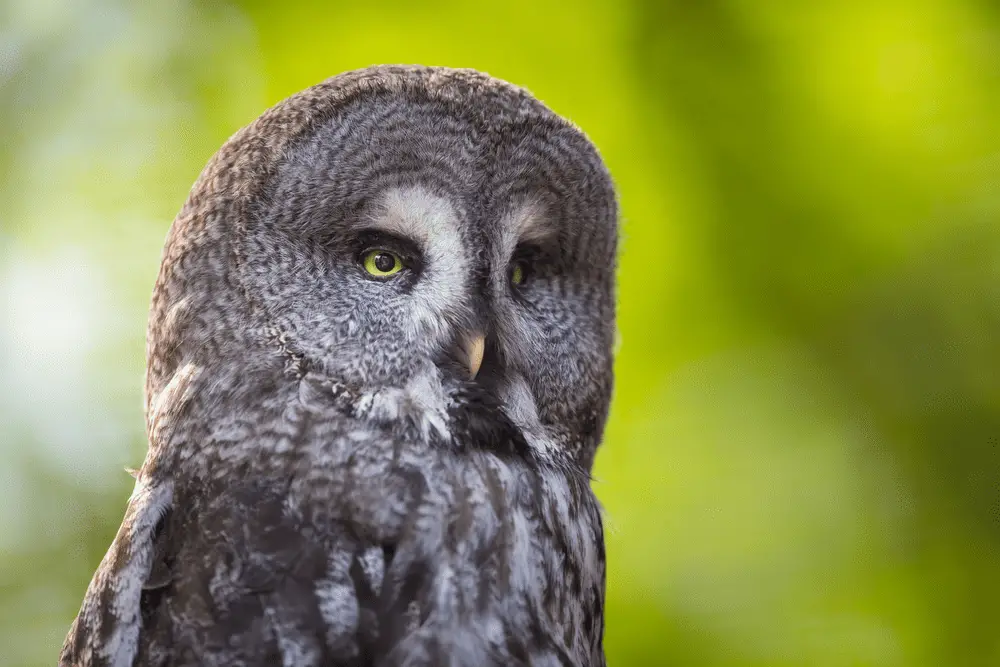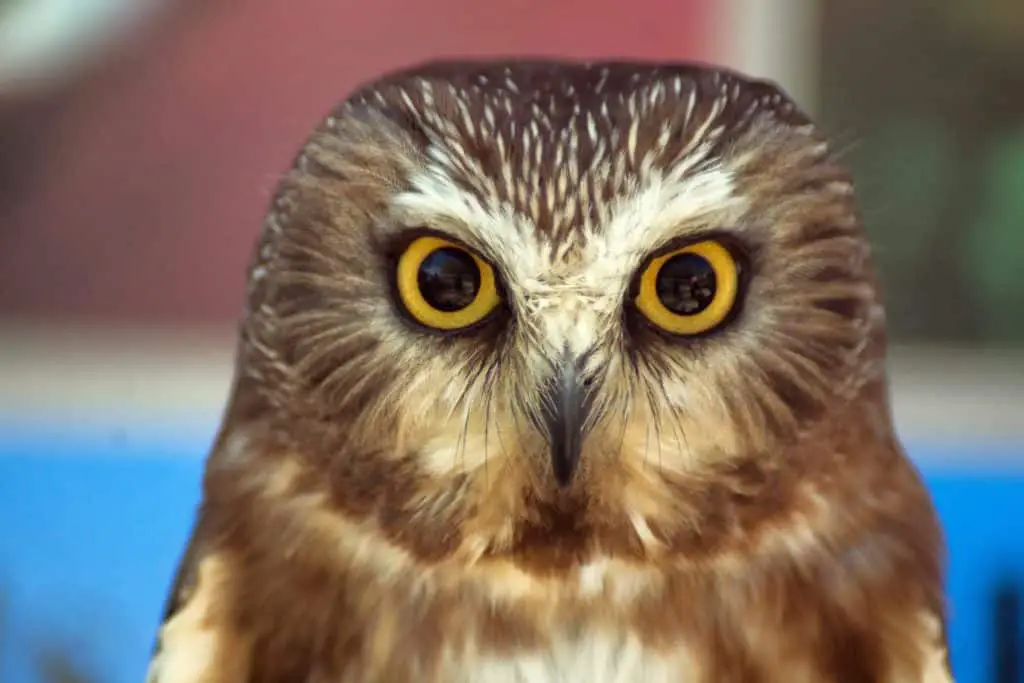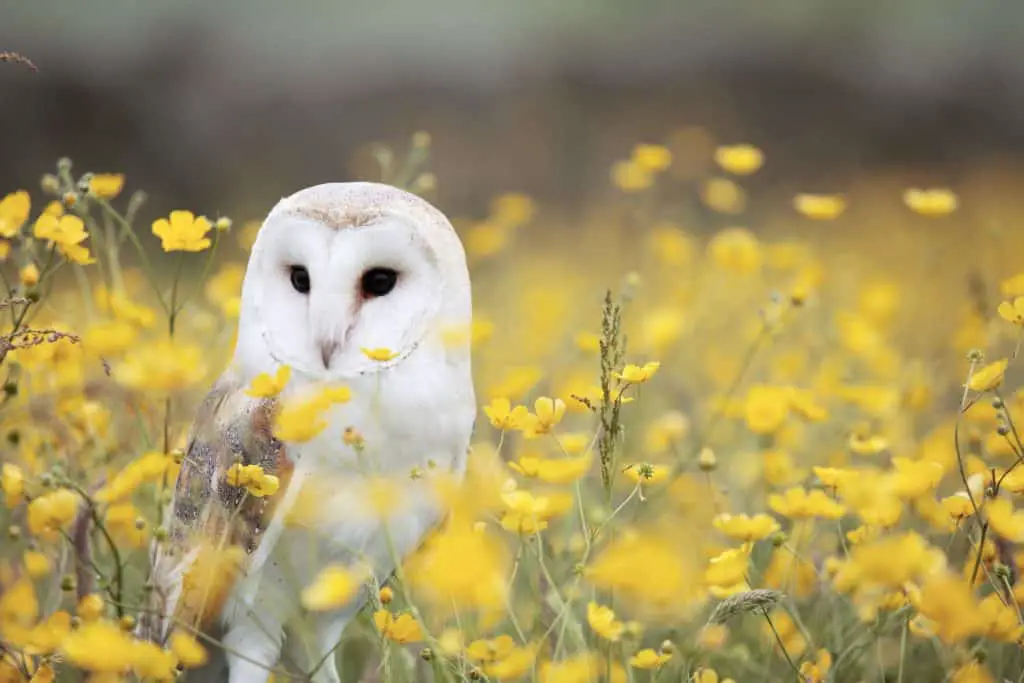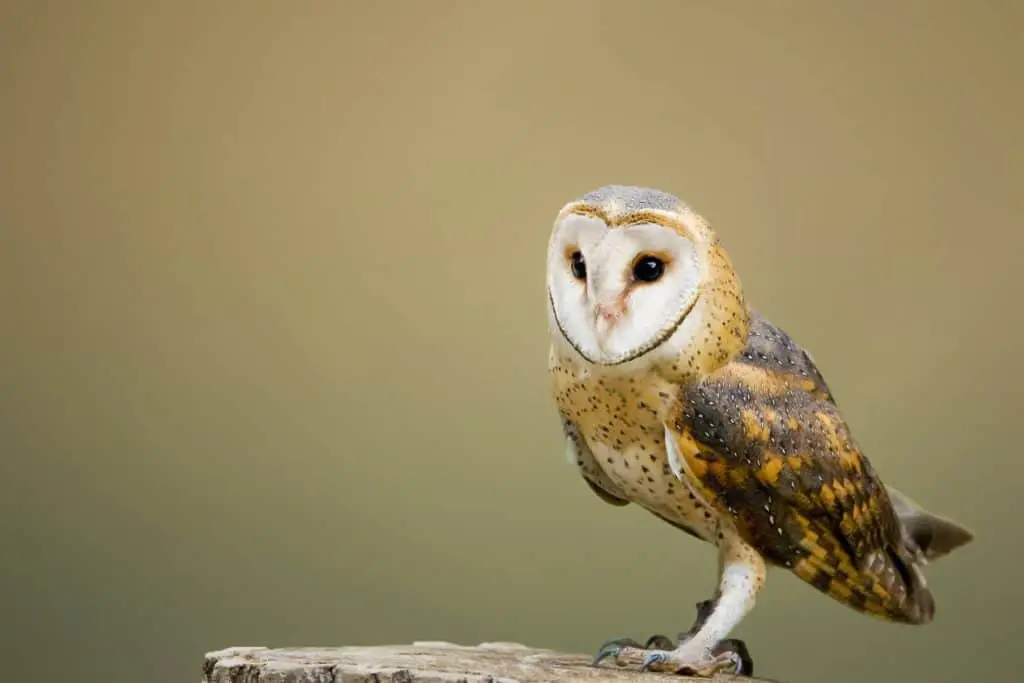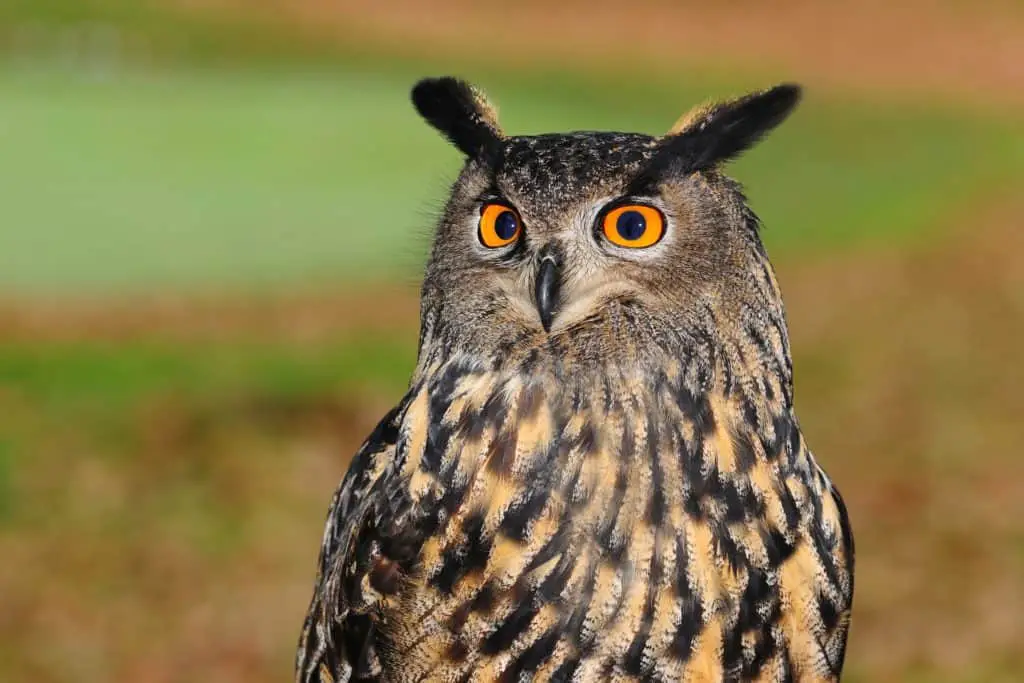Table of Contents
If you have found yourself interested in keeping owls as pets, you’re in good company. Keeping pet owls has become a wildly popular idea in recent years. This is largely in part thanks to the Harry Potter series, which depicts pet owls as friendly, intelligent, and affectionate.
One can’t argue with the fact that owls just look cool. Besides, we already know that many wild birds have been domesticated as pets—look at the cockatoo and macaw! Both birds are a protected species in their homelands but common clownish pets abroad. Why wouldn’t an owl be fair game?
Fortunately for you, we have taken the time to research this common query, and below we will discuss all the considerations that must be made when deciding if a pet owl is right for you.
Is It Legal to Have Owls as Pets?
In America, it is illegal to keep most owls as pets without a special license. This is also true of many other countries.
Obtain the Proper License
In the United States, there is a law called the Migratory Bird Treaty Act which protects certain birds from being kept as pets or in confinements unless their owners have been deemed capable of providing the housing, care, and attention they require. The Fish and Wildlife Service of the United States holds domain over this law and can grant licenses to those they feel are worthy.
However, these licenses are not a forever guarantee. The United States Fish and Wildlife Service can recall a license if they decide the licensed individual had failed to meet the expectations that were set forth when it was granted.
Meeting Licensing Requirements
Besides proving yourself capable of caring for an owl, you must also meet a few other requirements before you are eligible for a permit. Those who wish to domesticate owls as pets also have to prove they will use them for breeding or educational programs. You can not have one just because it seems cool. With that said, there are plenty of opportunities to use an owl as an educational tool which we will discuss in the sections ahead.
Temporary Licensing
There is a separate license available to those who only wish to keep owls temporarily for treatment or rehabilitation. Under these circumstances, the birds remain wild and free, and special care is put into ensuring they do not become dependent on the help of people for survival. Ultimately, the goal in this circumstance is to release the bird back into the wild once it is ready to live on its own once again.
Keeping an Owl Without a License
Keeping an owl without a license can lead to penalties such as steep fines or jail time. Keeping an owl as a pet can even be a Federal offense depending on the type of owl and the condition it is found in when discovered in your care.
It should be noted that some websites will state you can keep non-native owl species as pets in the United States without a permit. While this might be true in some parts of the United States, it is not an across-the-board steadfast rule. Also, even if you manage your way through this loophole, you need to consider several more things before you make such a choice.
History of Pet Owls
The stereotypes and cultural depictions of owls have changed throughout the generations, and so have the demographics of individuals who have commonly kept them as pets.
Native Americans and Owls
One of the earliest documented groups to keep owls as pets were the Lenape Tribe of early Native Americans. These individuals believed that if you found an injured owl or abandoned owlet and cared for it, it would become your guardian. Today, we know that these owls likely just became dependent on their handlers and remained close by for their security.
“Witches” and Owls
In the days of the Salem Witch Trials, it was believed that if a woman kept a pet owl, it meant she was a witch and the owl was inhabited by the soul of her demonic lover. Also, during this time in history, it was believed that the sight of a barn owl or the sound of a screech owl meant someone close to you faced imminent death. This was encouraged by the fact that many diseases were spreading at the same time.
As strange as this may seem, the Salem Witch Trials inspired some women to take an interest in practicing dark magic which inspired the keeping of some owls as pets—although this was for show.
A Cure for Alcoholism
Later, some doctors became convinced that consuming an owl egg would cure alcoholism. This led to many owls being kept as pets so their eggs could be harvested. Wealthy mothers would seek owl egg farmers to feed owl eggs to their babies, ensuring a lifetime of protection against drunkenness.
Symbols of Luck and Intelligent
Later, it became good luck to see an owl which led to the sale of hand-raised baby owls as pets to those who wished to ward off bad luck. Because owls were expensive, however, they were usually only afforded by the wealthy, who were also the most well educated. This led to the misconception that owning an owl made you smarter.
Today
Finally, owls returned to a symbol of magic when they were re-introduced as pets in the popular Harry Potter book series, this time appealing to children with a love of whimsy.
Considerations for Keeping Owls as Pets
If you are considering keeping an owl as a pet and have not yet been turned off by the legal obstacles of doing so, read on to ensure you can provide a quality home for such an animal.
Owls Are Not Cuddly
Owls hate to be touched. By nature, they are kings of their domain, and they see being touched as a threat to their place. They will often bite if stroked, and their bite is hard. Owls have been known to leave people needing stitches or even bite off whole fingers.
Even though your pet owl won’t want a lot of love from you, they will still be possessive and will see you as their property. This means they will probably not accept another animal or person trying to steal your attention away from them. They might even attack, causing serious injury.
It’s Hard to Find an Owl Veterinarian
Most veterinarians aren’t trained in caring for wild birds. Only specialized vets can do this kind of work, so you will probably travel a long way every time your pet needs medical care. Also, if you have not secured the proper legal documents to own an owl, the odds are slim that any veterinarian would take on the risk of helping you keep your pet under wraps.
Owls Make Terrible Roommates
Owls need to fly freely, stretching out their wings and gaining speed to be properly entertained and exercised. A large shop or barn will be required to house your pet. Despite what you may have heard, owls are not good pets to keep in the house.
Owls will screech when kept in the house among people. They have also been known to eat small pets like cats and guinea pigs. You will need to feed them a steady diet of fresh animal carcasses like whole quail, rats, or rabbits. When they are trying to find a mate (and they will try to find a mate), their hooting and screeching can go on for hours at a time. They are also nocturnal, which means they will do all of this when you are trying to sleep. If it doesn’t bother you, it will bother your neighbors. Be prepared.
An owl that is not allowed the opportunity to fly and exercise will develop a respiratory infection and die. This is not a risk; it is a promise.
Conclusion
Those who wish to keep owls as pets are most commonly those that enjoy being a little different. Owls have long been symbolic of dark magic and witchcraft, but have also earned themselves a label of wisdom and loyalty. This has made them popular among lovers of horror and mystery as well as scholars and dreamers.
While owls have been known to make great pets under perfect circumstances, such situations are scarce. Because owls are naturally wild animals and very different from other domesticated breeds, keeping them is often more work than expected. There are legal processes and extravagant requirements to keep these birds safe, healthy, and happy.
J. K. Rowling, the author of the Harry Potter series (which has inspired many to want a pet owl), has summed up this quandary best: “The owls in the Harry Potter books were never intended to portray the true behavior or preference of real owls. If your owl-mania seeks concrete expression, why not sponsor an owl at a bird sanctuary? There, you can visit and know that you have secured him or her a happy, healthy life.”
[amazon bestseller=”owl books” items=”3″]

